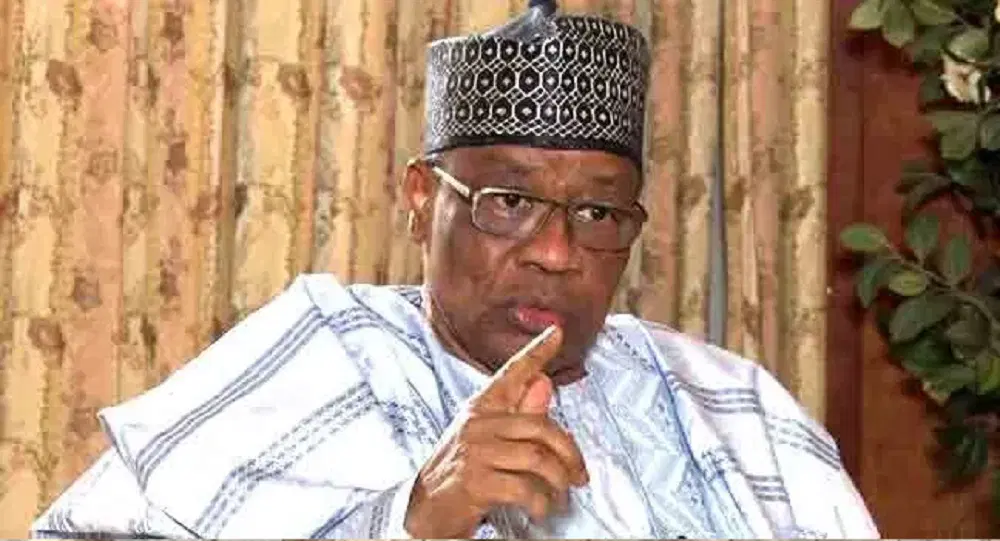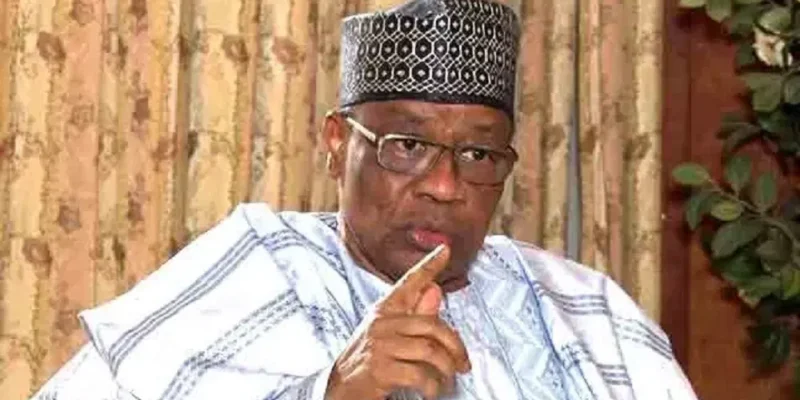
Former Military President, General Ibrahim Badamasi Babangida (retd), has defended the role of the military in Nigeria’s governance, stating that despite the controversies surrounding military coups, soldiers were responsible for more development projects than civilian governments.
In excerpts from Part Three, Chapter Five of his recently launched autobiography, “A Journey in Service”, Babangida reflected on the motivations behind Nigeria’s five coups between 1966 and 1985. He argued that political instability and the failure of civilian governments created the conditions for military interventions.
“Coups don’t just happen,” Babangida wrote. “The failure of civilian governments is the cause of coups. They derive from deplorable conditions created by political leadership that abdicates its responsibility to the people.”
He acknowledged the illegality of coups under Nigeria’s constitution but suggested that in many cases, they were driven by patriotic motives. Babangida cited the 1966 coup led by Major Chukwuma Kaduna Nzeogwu as an example of young, idealistic officers acting out of frustration with widespread corruption and mismanagement.
The former leader also highlighted the military’s achievements, including state creation, the establishment of the National Youth Service Corps (NYSC), and key infrastructural developments. He argued that military governments often made bold decisions to address structural imbalances that civilian administrations avoided.
Despite this, Babangida admitted that military interventions were an “aberration” and should not be encouraged. “For the umpteenth time, let me repeat: the days of military rule in Nigeria are over,” he stated.
Reflecting on the resurgence of military coups in Africa, with seven countries currently under military rule, Babangida expressed disappointment that the continent had not moved past such undemocratic practices.
His autobiography, launched last Thursday, offers a deep dive into Nigeria’s turbulent political history and his controversial role in it.

Comments